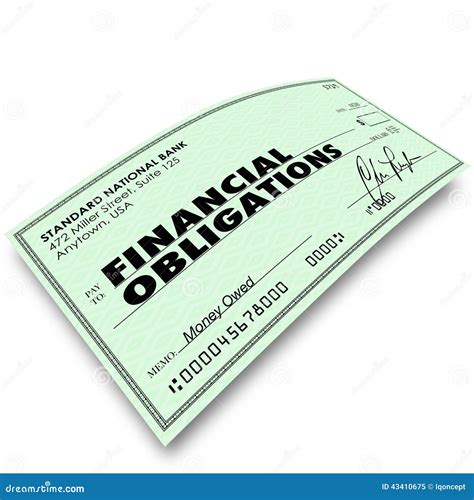In the realm of finance, understanding the concept of “payment due” is crucial for managing personal and business finances effectively. A payment due refers to the specific date by which a payment must be made for goods or services received. It is a binding obligation that must be met to avoid late fees, penalties, and potential legal consequences.

Obligations Associated with Payment Due Dates
Payment due dates are typically established in contracts, invoices, or other formal agreements. By agreeing to these terms, individuals or businesses assume the following obligations:
- Making timely payments: Payments must be made by the specified payment due date. Delaying payments can result in additional charges and damage to credit scores.
- Covering the full amount: Payments must encompass the total amount owed, including any applicable taxes or fees. Partial payments may not be sufficient to satisfy the obligation.
- Using the agreed-upon payment method: Payment due dates often specify the acceptable methods of payment, such as cash, check, or electronic transfers. Using alternative methods without prior approval may lead to delays in processing.
Consequences of Missed Payment Due Dates
Overlooking payment due dates can have serious repercussions:
- Late fees and penalties: Lenders and creditors typically charge late fees as a penalty for missed payments. These fees can accumulate quickly, increasing the overall cost of the transaction.
- Credit score damage: Missed payments are reported to credit bureaus, negatively impacting an individual’s or business’s credit score. This can make it harder to obtain future financing or secure favorable interest rates.
- Legal consequences: In severe cases, missed payments can lead to legal action, such as debt collection lawsuits or foreclosure proceedings.
Strategies for Managing Payment Due Dates
To avoid the adverse consequences of missed payment due dates, consider implementing the following strategies:
- Create a payment calendar: Mark all payment due dates on a calendar to stay organized and avoid oversights.
- Set up automatic payments: Authorize automatic payments to be deducted from a designated account on the payment due date.
- Communicate with creditors: If facing financial difficulties, promptly contact creditors to discuss payment arrangements or hardship programs.
- Negotiate payment extensions: In certain circumstances, creditors may be willing to grant short-term payment extensions. Request an extension respectfully and provide documentation to support the need.
Frequently Asked Questions (FAQs) on Payment Due Meaning:
- What is the payment due date on an invoice?
The payment due date is the date by which the full invoice amount must be paid. It is typically displayed prominently on the invoice.
- What happens if I miss a payment due date?
Missed payments can result in late fees, credit score damage, and potential legal consequences.
- Can I negotiate a payment due date extension?
Yes, in some cases, creditors may be willing to grant short-term payment extensions upon request.
- What information do I need to provide when setting up automatic payments?
To set up automatic payments, you will typically need to provide your account number, routing number, and the amount and frequency of payments.
- What are the benefits of managing payment due dates effectively?
Managing payment due dates effectively helps prevent late fees, protects credit scores, and maintains healthy financial relationships with lenders and creditors.
- What are the consequences of repeatedly missing payment due dates?
Repeatedly missed payment due dates can lead to severe consequences, including substantial late fees, diminished credit scores, and potential legal action.
